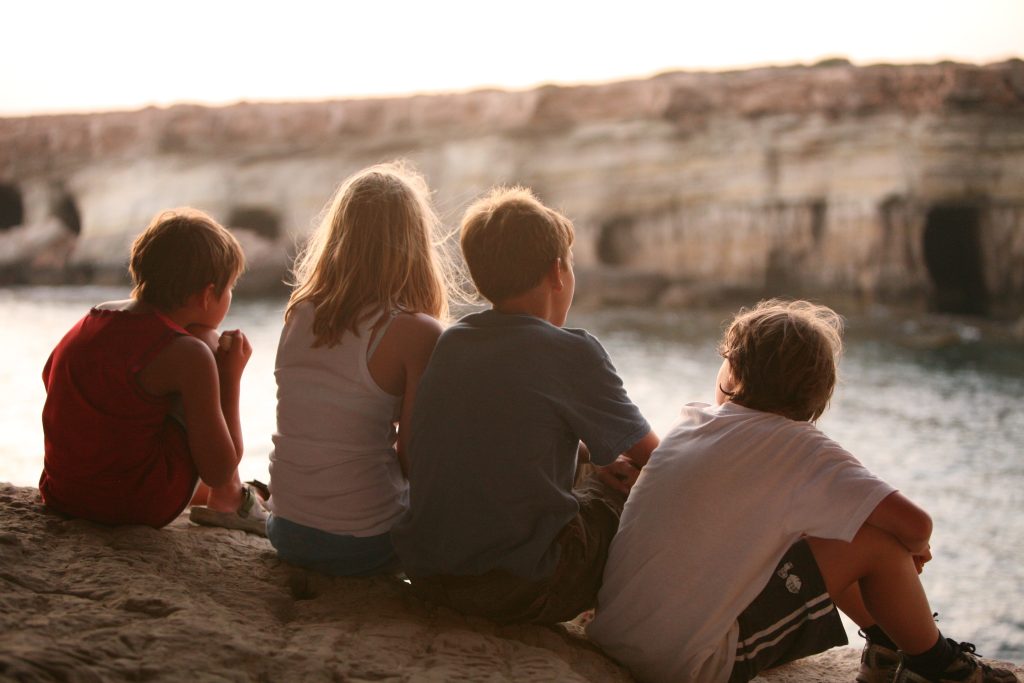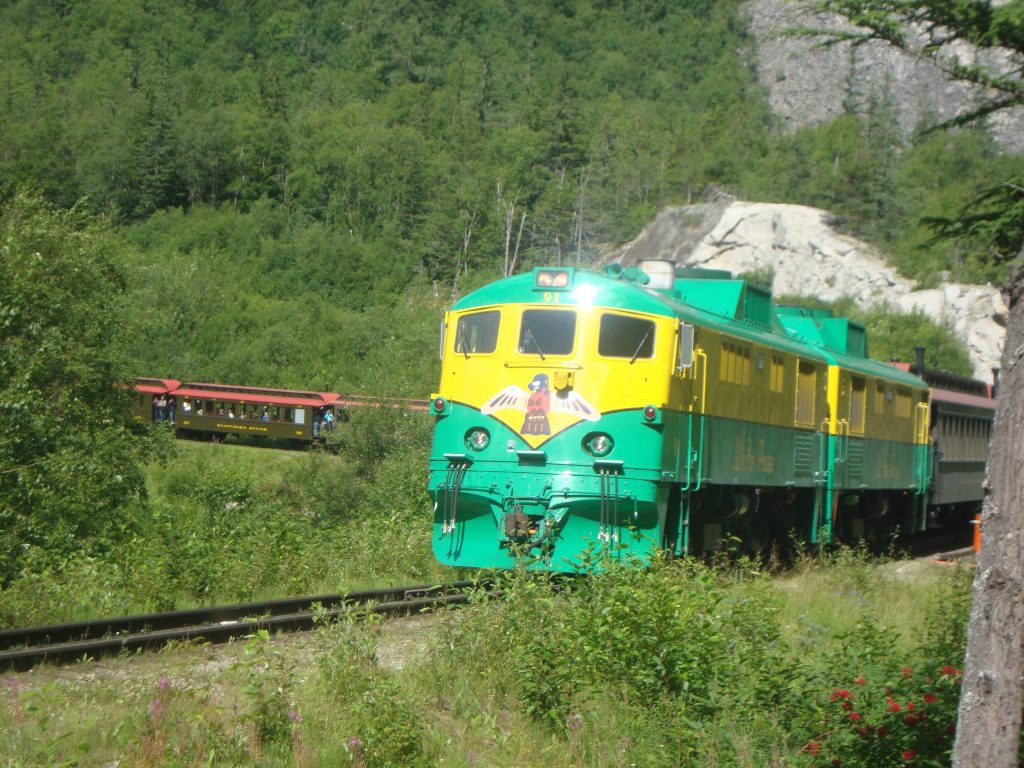Pollution, deforestation, and rising temperatures and sea levels are frequently making headlines, and we may feel a growing urgency to speak for the environment with friends and family. However, every time we attempt to approach the topic, we stumble over our words and struggle to find a useful thing to say. Then we just switch the topic to the weather or the cost-of-living crisis depending on the dept of the relationship.
I visited France recently and I was amazed at the different level of conversation happening at the dinner table there. Yes, the weather is actually part of the topic, but it’s rare for us in the UK to find an opportunity to dig deeper, brainstorm solutions and encourage each other to “do something”. My French friends were doing exactly that. Talking about politics, petitions and personal actions, like installing a heat pump and insulation. Those topics are part of the everyday life and conversation in many European countries.
I find it hard to believe that British people care less about climate change. It’s looming over all of our lives. But our tendency to avoid real conversations and stay on the surface, even with our closest ones, is what’s making it hard to get the national conversation going.
This means that we let the extreme voices of absurd illiteracy be the loudest and the ones our leaders listen to.
It’s hard to bring it up and it’s considered a political topic by many. But in reality, it has nothing to do with politics. It’s a matter of helping our children survive this, rather than leaving a disastrous future for them.
We gather around office watercoolers and cafés, chatting about everything from movies to weekend plans. Let’s take a deep breath and finally muster the courage to bring up our carbon footprint. Your heart races and your search for the right words to convey your concerns without sounding preachy?
What do you say? What do you ask?
Here are a few conversation starters to get you going
“So, you know, I’ve been reading a lot about the environment lately,” you may begin tentatively, your voice carrying your nervousness. “It’s just that… well, the things we do, the choices we make, they have an impact on the planet.”
Encouraged by your friends’ attention, you continue, “the way we travel, the way we waste energy in our homes, the plastic we use – it all adds up…”
“Yeah, but we have to live, don’t we?” “We have to go to work, we have to heat our homes, we have to eat, we have to take our family on holiday? I mean the kids are off school for 6 weeks in a row, we can’t just sit around? All this is for the government to solve. It’s beyond my control.” – someone might say.
It’s a pretty defiant statement, isn’t it, but many of us feel powerless and for good reason. Noone is empowering us about this. All we hear of is doom and gloom and the government making reckless decisions about drilling for more oil.
Address the politics question
No matter what our individual political preferences, it’s clear that Britain rejects the idea of a “nanny state”. That means that even though some of us would love for the government to take charge on reducing our carbon emissions, the majority doesn’t approve of big governmental actions. Things may change, but in the meantime, this means that individuals carry the responsibility. Businesses carry the responsibility. Not the government.
How can we fulfil our responsibility?
Lead by example and elevate those that are good examples
That friend or neighbour of yours who filled their cavity wall with insulation – invite them to your next celebration and bring up what they’ve done, in front of your other friends. Find out, how much it cost, what it will it, was it disturbing?
Same for that one with solar panels on their roof or a brand-new heat pump. Learn about the success stories around you and spread the word. Each of us has a tiny soap box, let’s use it. Even if you don’t know anyone who has made any progress on making their home more energy efficient, google it and bring it up with friends. Get the conversation going.
Transport is another big one.
Promote public transport, cycle to work, car share, low emission vehicles
Teslas are out of reach for most of us but there are so many other options.
Reduce flying
There is no clear path forward on eliminating flight emissions. So, opt for a local vacation. If you must stay abroad, explore the train system or take one 3-week vacation instead of 3 one-week vacations.
Invest your money
Purchase shares in a cooperative wind or solar farm like Ripple Energy.
Off-setting is controversial now because it’s often used for green-washing, but do research local opportunities to invest in carbon reducing actions, such as afforestation, rewilding projects and clean energy production.
Separate your waste correctly
Food waste is still mixed with recyclable waste all the time, and all sent to landfill produces uncaptured methane. It just makes sense – separate your biodegradable waste and compost it in your garden or via your council. It really is not difficult.
Engage in nature loving activities
A lot of brits are lucky to have outdoor space, use it, rewild it, engage your kids in gardening activities. Even if it’s just herbs or flowers. Get yourself, your friends and your children engaged in nature loving activities.
Take part in the circular economy
Instead of buying useless celebration gifts, gift experiences that have something to do with the environment. Gardening, cooking, sowing or crafting courses are just some examples.
Repair that broken appliance, don’t just buy a new one, and if it must be replaced, make sure you buy a reparable item, not something that will cost you more to repair than buy new. Buy quality that will last.
Educate yourself and your friends on the concepts of the circular economy. So many people around us start new businesses or switch jobs into a role that has the power to make a change in a big organisation. Make sure they design new products and redesign old ones with circularity in mind.
Let’s erase the consumer label off ourselves. Our planet’s resources are not for us to consume and discard masses of waste. We are users and stewards to care and protect our environment.
Deepen Friendships
Let’s not be afraid to deepen our friendships and start talking about real things. Let’s speak for the environment. It doesn’t have to be an argument, us vs. them either, it’s just a chat, be open for questions and don’t worry if you have to answer “I don’t know, but let’s see if we can figure it out together!”
For a detailed course on what the priorities and opportunities are for British residents to have big impact on our carbon footprint and our country’s, go to Catko.uk



